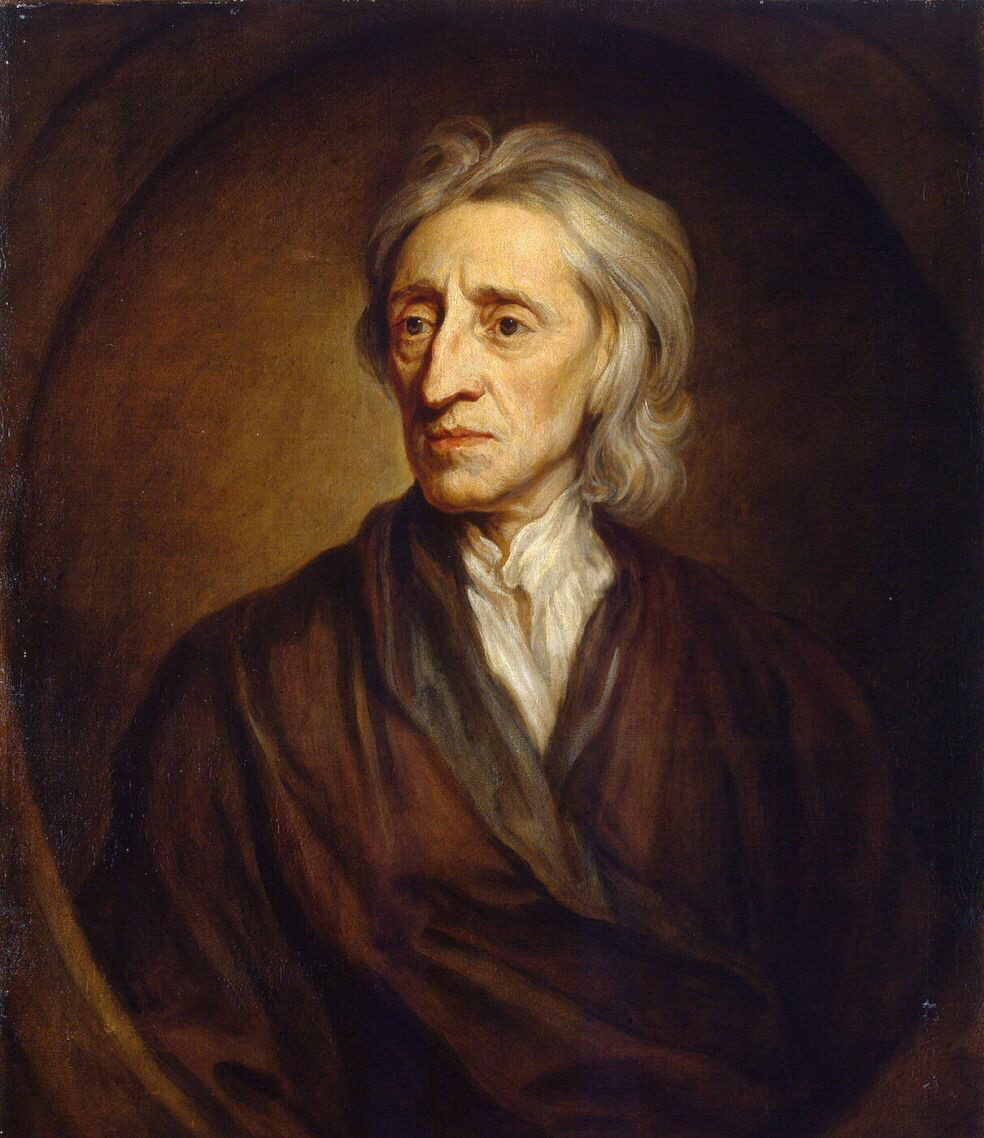John Locke Berühmte Zitate
„Arbeit um der Arbeit willen ist gegen die Natur.“
Über den menschlichen Verstand
"Labour for labour's sake is against nature." - Of the Conduct of Understanding. § 16 Haste und
Über den menschlichen Verstand
„Keines Menschen Kenntnis kann über seine Erfahrung hinausgehen.“
Über den menschlichen Verstand (1671, 1690)
Über den menschlichen Verstand
Zitate über Menschen von John Locke
„Nichts macht einen zarteren und tieferen Eindruck auf den Geist des Menschen als das Beispiel.“
Gedanken über Erziehung
Gedanken über Erziehung
Über die Regierung, Kap. IV "Die Sklaverei"
Über die Regierung
Zitate über Natur von John Locke
Über die Regierung
Über die Regierung
John Locke Zitate und Sprüche
Gedanken über Erziehung IV,63
Gedanken über Erziehung
„Glück und Unglück sind zwei Zustände, deren äußerste Grenzen wir nicht kennen.“
Über den menschlichen Verstand I,2
Über den menschlichen Verstand
Über den menschlichen Verstand (1671, 1690)
Über den menschlichen Verstand
Sendschreiben an den Leser
Sendschreiben an den Leser
An Essay Concerning Human Understanding, Book III, Chap. X, Sec. 14.
Über den menschlichen Verstand
„Nichts ist im Verstand, was nicht vorher in den Sinnen gewesen wäre.“
Über den menschlichen Verstand
Über den menschlichen Verstand
John Locke: Zitate auf Englisch
“Our Business here is not to know all things, but those which concern our conduct.”
Quelle: An Essay Concerning Human Understanding 2
Quelle: An Essay Concerning Human Understanding
“A sound mind in a sound body, is a short but full description of a happy state in this world.”
Sec. 1
Some Thoughts Concerning Education (1693)
Preface to the Reader
The Reasonableness of Christianity (1695)
Sec. 94
Some Thoughts Concerning Education (1693)
Sec. 81
Some Thoughts Concerning Education (1693)
Second Treatise of Government, Ch. II, sec. 4
Two Treatises of Government (1689)
“There cannot any one moral Rule be propos'd, whereof a Man may not justly demand a Reason.”
Book I, Ch. 3, sec. 4
An Essay Concerning Human Understanding (1689)
Sec. 107
Some Thoughts Concerning Education (1693)
Sec. 115
Some Thoughts Concerning Education (1693)
“I am sure, zeal or love for truth can never permit falsehood to be used in the defence of it.”
187
The Reasonableness of Christianity (1695)
§ 106
The Reasonableness of Christianity (1695)
Sec. 115
Some Thoughts Concerning Education (1693)
Sec. 145
Some Thoughts Concerning Education (1693)
This might be a paraphrase of some of Locke's expressions or ideas, but the earliest publication of the statement in this form seems to be one made in Oversight Hearing on the Columbia River Gorge National Scenic Area Act (1997).
Misattributed
Second Treatise of Government http://www.constitution.org/jl/2ndtr14.htm, Sec. 168
Two Treatises of Government (1689)
Sec. 115
Some Thoughts Concerning Education (1693)
Second Treatise of Government, Ch. V, sec. 27
Two Treatises of Government (1689)
Book III, Ch. 9, sec. 4
An Essay Concerning Human Understanding (1689)
Sec. 115
Some Thoughts Concerning Education (1693)
This statement has been attributed to John A. Locke, but John Locke did not have a middle name. The words "dynamic," "boring" and "repetitive," found in this quote, were not yet in use in Locke's time. (See The Online Etymology Dictionary http://www.etymonline.com/abbr.php.) John A. Locke is listed on one site as having lived from 1899 to 1961; no more information about him was available.
Misattributed
Sec. 81
Some Thoughts Concerning Education (1693)
Sec. 119
Some Thoughts Concerning Education (1693)
Sec. 115
Some Thoughts Concerning Education (1693)
